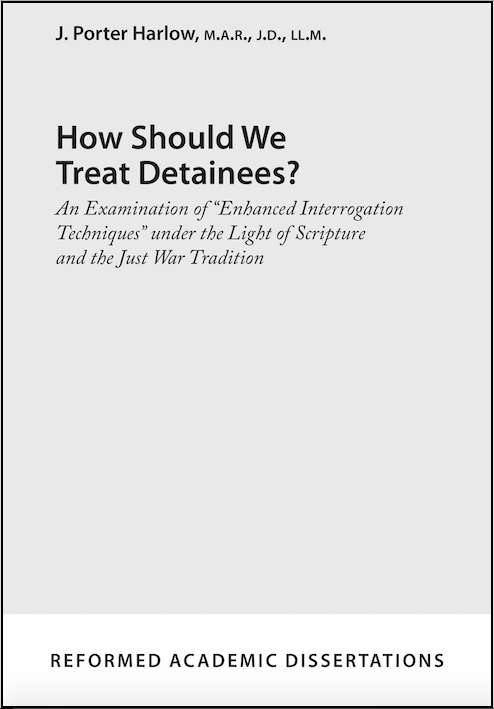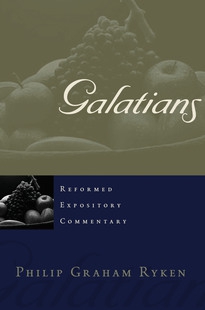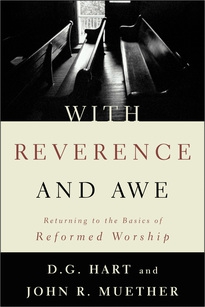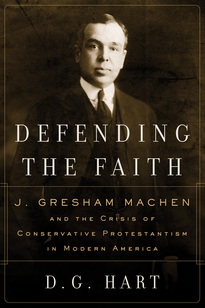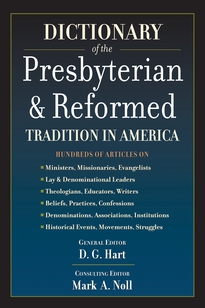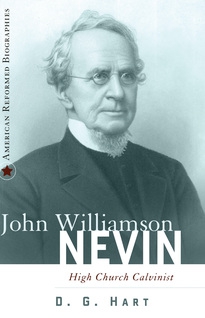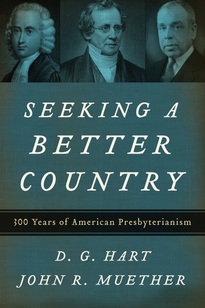We have an author interview this week with new P&R author, Rondi Lauterbach. She is the author of our upcoming title, Hungry: Learning to Feed Your Soul with Christ.
How can readers discover more about you and your work?
– Website: www.feastingonchrist.com
– Twitter: @feastonchrist
– Facebook Page: Feasting On Christ
Rondi
Lauterbach
Hungr
- Question #1—Tell us a little bit about yourself: where you’re from, family, job, personal interests, unique hobbies, what you do in your spare time, etc.

I was born and raised in Memphis, “raised right,” as my mother would say. Besides learning to say “yes, ma’am,” I learned to dance in my living room by watching my parents swing dance. I prayed for a husband who would know Jesus and have a good sense of rhythm. My husband Mark filled the bill on both counts, which helped make our years of pastoral ministry more fun. I’ve always loved language, too, and use it to write silly picture books for my grandchildren. Mark and I have three married children and four grandchildren, which isn’t nearly enough. When I’m not writing, I love to cook, too. In fact, when I started my blog “Feasting on Christ,” I thought I would post some recipes, too, which came to be tagged with the name “the Crazy Cook.”
- Question #2—Which writers inspire you?
I love writers who open my eyes to the unseen world of God’s eternal kingdom—Charles Williams has given me those glimpses. Tolkien’s Leaf by Niggle was another eye opener. I love GK Chesterton’s boisterous writing and the way he loves to turn a phrase on his head. Anne Lamott’s book on writing made me laugh out loud and diffused my writer’s panic when I first got the contract with P&R. N.D. Wilson’s Notes from the Tilt-a-whirl captured my imagination and made me gasp. I’ll never get over Alan Paton’s Cry, the Beloved Country.
- Question #3—Have you always enjoyed writing
Yes, ever since my mother made me write those thank you notes. I have always considered writing to be a stewardship and a ministry, from notes of encouragement to blog posts to 140 character tweets. I take words very seriously.
- Question #4—What inspired you to write this book, about this topic?
I sort of backed into writing the book Hungry. I wanted to encourage the women of our church in Christ-centered personal Bible study because I had just been seized by the beauty of seeing Christ in the Scriptures for myself. As I prepared a weekend seminar called “Feeding on Christ,” I realized that you need to bring a good appetite to the table. The first session was about our spiritual appetite. That single session proved to be a rich topic for me personally and ended up expanding to be the first half of the book. I find it incredibly relevant to identify my own longings before the Lord as I meet with him. He helps me label my moods and then speaks to them through his Word, challenging, clarifying, transforming, and satisfying them.
- Question #5—How do you deal with writer’s block?
Anne Lamott taught me that writer’s block simply means you don’t have anything to say right now. It’s a time to back off, take a break, read, listen, learn, and fill up. Eventually you’re ready to write again.
- Question #6—Favorite food?
Cake, all kinds but especially lemon or carrot or red velvet or chocolate or . . .
- Question #7—Favorite flavor of ice cream?
Coffee ice cream or whatever kind goes with my cake.
- Question #8—Favorite animal?
Dogs, especially labra-doodles, because Sasha, our labradoodle makes the entire neighborhood laugh out loud when her tail wags in circles as she scampers down the sidewalk. She’s also very good at hide and seek.
How can readers discover more about you and your work?
- Website: www.feastingonchrist.com
- Twitter: @feastonchrist
- Facebook Page: Feasting On Christ


